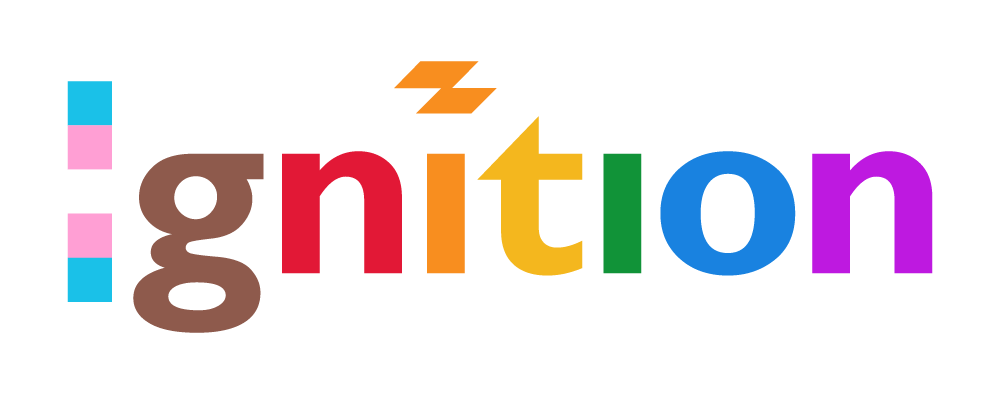Can Macs get viruses? Short answer: Yes.
Not short answer: Despite what the Cult of the Applefolk (great band name) says, Macs can get viruses and other malware. Strong and beautiful built-in protection makes them a pain in the glutes to infiltrate, but they’re not infallible. Here is what you know about keeping your Mac safe, healthy, and out of the computer emergency room.
Don’t Get Us Wrong. We Love an Apple.
Long, long ago, when Will Smith was Gettin’ Jiggy With It, we were Mac-centric. Literally. Our business started as MacCentric Solutions back in 1998. That’s how long we’ve been Apple superfans and, ahem, yes, experts (blush). But your grandma/therapist/Local Wise Woman will tell you that true love is loving something for what it is, not what you want it to be, and, although we love an Apple truly and madly, we recognize that Macs can get viruses that bust them open quicker than your dog can hoover up a dropped Snickers. Yikes.
Think Pups Are Great? You Won’t Now.
As illustrated in a recent report by Malwarebytes, a big problem for Macs are often nasties called Potentially Unwanted Programs (PUPs). PUPs sound cutesy, but they’re not. A PUP is a program that’s a pinata of double yuk just waiting to party in your Mac. They’re often bundled with freeware such as that super-sketch PDF maker you just downloaded. You may have accidentally consented to the PUP when you checked that tiny box without reading the small print first. Oopsie! PUPs accounted for most Mac detections in 2020.
PUPs include these types of security icks:
Adware
Adware is a software application that displays ads – such as pop-ups or banners – while it’s running (and sometimes when it’s not). Adware comes in three flavors:
- Annoying: Annoying adware can feed on your memory space and slow your machine.
- Evil: Evil adware can change your computer settings to double down on aggressive marketing or add unwanted stuff to your favorites. It’s also massively difficult to uninstall.
- Satanic: Satanic adware installs itself without consent (it’s basically spyware) and often leads you to a malicious site. Then BAM! Your machine is locked because you’ve been ransomed.
Spyware
Spyware often infiltrates on the back of that dodgy download, but not always. Spyware can track what you’re doing via keystrokes, screen captures, or tracking codes and steal personal data like credit card information or passwords.
Browser Hijackers
Browser hijackers modify your browser settings behind your back and then redirect you to cybercrime-related websites like givemeyourmoney.com. Gross.
Trojan Horses
If it looks and smells like legitimate software, it could still be a Trojan horse: pukka-looking malware you downloaded from an untrusted site or email. It will muck you up good and proper when it drops its payload. Back in 2016, KeRanger, a dumbly-named Trojan horse created especially for macOS, caused a shedload of trouble for thousands of Mac users.
How Do I Know If My Mac Has Been PUPped?
Apple won’t usually disclose that Mac-focused malware is around until it’s patched through a security update, so you won’t get a call from the Apple Helpdesk if you’re in danger. But ask yourself this question: “Did I just download some weirdo software because I needed to do a thing now?” If the answer is “yes” then you’ve probably been PUPped. Here are some more symptoms, ranging from “Hmmm, something’s different” to “Only dogs can hear my screams” in terms of seriousness:
- Your Mac is sloooooooooow, freezes, or crashes. You may see the rainbow spinning wheel of death for the first time.
- Suddenly you’re seeing banner ads and pop-ups.
- Where are those dang files? They’re self-deleting, so who knows?
- You arrive at webpages you didn’t ask for.
- You’re locked out of your device or are unable to access files.
How to Protect Your Mac From the Bad Stuff
Grown-up behavior means doing the tough stuff to ensure your beloved Mac doesn’t get a virus. Here are a few things you can do:
- Keep your OS updated
- Download software only from trusted websites
- Use custom installation
- Use ad blockers to avoid PUPS
- Never, ever download freeware
But, you’ll need more than impeccable behavior and that means antivirus software. It’ll help detect and remove unwanted software as well as protect your device from a whole ton of creepy stuff that is desperate to get in.
But Aren’t Macs Already Protected From Viruses?
Kind of. Apple services such as Notarization and Gatekeeper stop malware from being distributed through apps and downloads. XProtect helps to block malware from devices or remediate any problems if the malware manages to deploy itself, but it doesn’t sniff out the range of viruses that third-party antivirus software can. And, as threats evolve, it’s always wise to strengthen your defenses with additional antivirus software. Any sane compliance officer would agree.
Antivirus Software and Compliance
Extra antivirus software is a must-have if you’re going for pretty much any compliance accreditation such as HIPAA, SOC 2, or PCI-DSS. It’s often part of Big Corp’s requirements if you need to demonstrate compliance to land a juicy contract. But, even if you’re not going for accreditation, installing antivirus software on your Mac is best practice security – why would you put your team or clients at risk? And it’s not a bank-breaker, either, so there is really no excuse.
Can Macs Get Viruses? They Can, But Don’t Throw Hands Because We’ll Help.
Can Macs get viruses? Sure, but we still love them even though they can turn rogue if we let them. We always recommend a third-party Mac antivirus software as part of any security policy. Here’s an idea: give us a call and we’ll show you how painless, inexpensive, and quick it is to cocoon your entire swarm of Macs in the comforting embrace of third-party antivirus software. Doesn’t that feel better?
Ignition is Silicon Valley’s best (and friendliest) IT security, compliance, and support team. Call us now–chatting about IT support and cybersecurity is our favorite thing to do!

